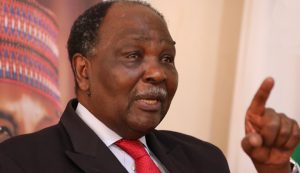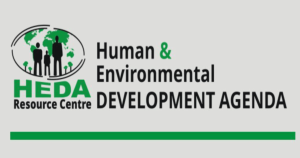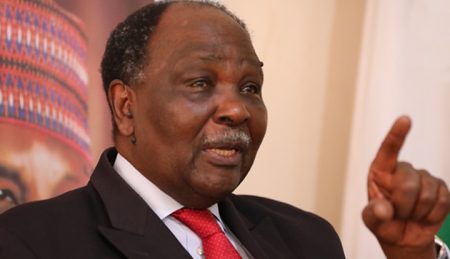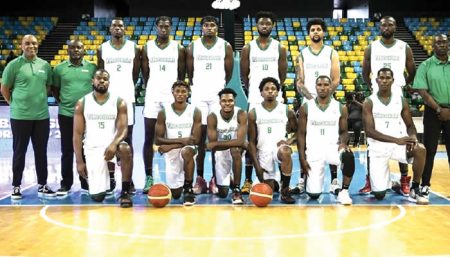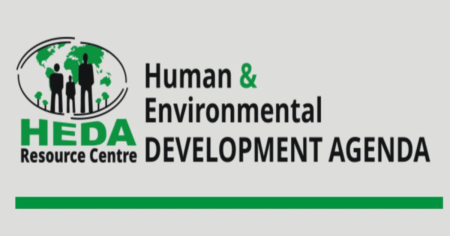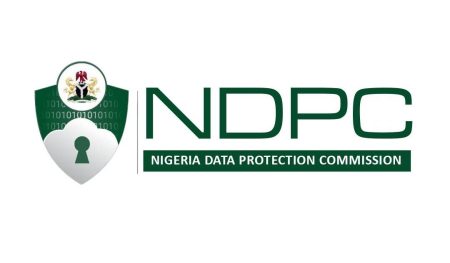The Nigerian insurance industry finds itself in turbulent waters following a probe launched by the House of Representatives’ Subcommittee on Capital Market and Other Institutions. The investigation, targeting 25 insurance companies, alleges non-remittance of revenue owed to the Federal Government, alongside infractions in financial reporting, claims settlement, premium remittance, and policy issuance. While the committee asserts its mandate to recover lost revenue, stakeholders question the probe’s legitimacy and express concern about its potential damage to an industry already grappling with a poor public image. This clash highlights a critical tension between legislative oversight and regulatory independence, with the insurance industry caught in the crossfire.
The House Subcommittee, chaired by Kwamoti Laori, insists the investigation is justified by a formal petition detailing significant violations. Laori emphasizes the government’s substantial revenue loss due to these alleged infractions, demanding CEOs appear in person to address the accusations. He criticizes the National Insurance Commission (NAICOM), the industry regulator, for inadequate oversight, suggesting their diligence could have prevented the current situation. The committee’s aggressive stance, including public pronouncements of alleged wrongdoing, has been perceived by some as a media trial, potentially exacerbating the industry’s existing trust deficit. This public scrutiny comes at a sensitive time for the Nigerian insurance sector, which is struggling with low penetration rates due to widespread public mistrust and lack of awareness.
The Nigerian Insurers Association (NIA), representing the accused companies, contests the committee’s approach, arguing that the investigation oversteps legislative boundaries and infringes upon NAICOM’s regulatory authority. The NIA maintains that its legal challenge, supported by legal counsel, aims to clarify the committee’s constitutional limits and protect the principle of separation of powers. They argue that NAICOM, along with other statutory bodies like the Securities and Exchange Commission (SEC) and the Financial Reporting Council (FRC), possess the exclusive mandate for industry oversight. The NIA’s stance underscores a fundamental concern about legislative overreach and its potential to undermine regulatory independence, creating uncertainty within the sector.
Industry stakeholders express apprehension that the public nature of the probe will further damage the already fragile reputation of the insurance sector. They argue that public accusations, before a thorough and transparent investigation, erode public trust and investor confidence. This negative publicity could deter potential policyholders and hinder the sector’s growth, particularly at a time when it is striving to increase insurance penetration in a vastly underinsured population. The economic implications of this probe are significant, as a healthy insurance sector is crucial for economic development, providing risk protection for businesses and individuals, and fostering investor confidence. Stakeholders emphasize the importance of fair, well-informed, and constructive oversight conducted by bodies equipped to understand the sector’s complexities, namely NAICOM and other relevant statutory bodies.
Former CIIN President Edwin Igbiti advocates for a more measured approach, suggesting the committee should have directed its inquiries to NAICOM, allowing the regulator to address the concerns. Igbiti argues that publicly probing 25 companies simultaneously amounts to an indictment of the entire sector, creating unnecessary negative publicity. He expresses concern about the probe’s potential to undermine public trust and discourage investment, contrasting it with the banking sector’s recent successful recapitalization efforts. Igbiti underscores the importance of preserving investor confidence and allowing the regulator to handle such sensitive matters, advocating for strengthened internal governance and self-regulation within the industry.
Industry expert Ade Adesokan echoes these concerns, emphasizing that legislative oversight must operate within constitutional boundaries and respect the mandates of established regulatory bodies. He points to specific sections of the Insurance Act 2004 that grant NAICOM exclusive regulatory and investigative powers, arguing that the parliamentary committee’s actions circumvent this legal framework. Adesokan commends the NIA’s pursuit of legal clarification and stresses the need to reinforce, rather than politicize, institutions. He warns against destabilizing a vital economic sector through undue legislative interference, advocating for a balanced and constitutionally sound approach to legislative oversight. Adesokan suggests alternative strategies, recommending collaborative engagement between the legislature and NAICOM, focusing on policy-level oversight, and expediting the passage of the Nigeria Insurance Industry Reform Bill (2024). He also encourages the insurance sector to enhance transparency, strengthen internal governance, and adopt best practices to rebuild public trust. Meanwhile, NAICOM reaffirms its commitment to maintaining industry stability and compliance, emphasizing its ongoing efforts to address challenges and strengthen its supervisory framework. The ongoing tension between the House Subcommittee and the insurance industry, mediated by the NIA and NAICOM, will require a delicate balancing act to ensure effective oversight without undermining the sector’s stability and future growth.


